Or, How Do We Know What We Know? Tuesday, May 22, 2018 is a date that will be implanted in Abq Jew's otherwise cloudy with a chance of meatballs memory until he forgets it.
Ah ... but that was then (June 6, 2018; see Pushkin on Jeopardy!) and this, according to most commentators, is now. Alex Trebek, alas, of blessed memory, is no longer with us. Neither is Donald Rumsfeld.
And Abq Jew, in support of Ukraine, used the recent Three-Day Yontif to a) study Torah, a little; and b) finish reading Anna Karenina, the famous novel by the more famous Russian author Leo Tolstoy. As Wikipedia tells us:
Anna Karenina (Russian: «Анна Каренина», IPA: [ˈanːə kɐˈrʲenʲɪnə]) is a novel by the Russian author Leo Tolstoy, first published in book form in 1878. Widely considered to be one of the greatest works of literature ever written, Tolstoy himself called it his first true novel. It was initially released in serial installments from 1875 to 1877, all but the last part appearing in the periodical The Russian Messenger.
The novel was released at the rate of 600 pages per year, until the supply of trees at Yasnaya Polyana, Tolstoy's estate, (thankfully) ran out. Anna Karenina provides an extensive treatment of Russian agrarian policy and politics ("what shall we do with the peasants?") during the late 1800s.
From reviews he has read, Abq Jew has learned (he skimmed a bit) that the novel also includes a romantic love triangle (or rectangle or pentagon or hexagon) or two. For those who are interested in that kind of thing.
For on that date, Abq Jew heard Alex Trebek - in the category 'Famous Russians' - provide the Final Jeopardy! answer
to the Most Serene Order of Cuckolds;
in February 1837 he was dead.
And Abq Jew immediately, without thought or contemplation, correctly, from his greyhound-adorned couch, responded
Now Abq Jew must remind you that he is, by the skin of his teeth, a graduate of the University of California, Los Angeles (UCLA). Where he received, appropriately, a BS degree in Engineering & Applied Science.
And Abq Jew must remind you that he is, without honors for utterly failing at the somber task of academic writing - but with tremendous gratitude - a graduate of the Jewish Theological Seminary of America (JTS). Where he received, somehow, an MA degree in [Jewish] Education.
Abq Jew has read Leo Tolstoy's War and Peace. Many years ago, and more than once. Just don't ask him who's who in patronymic or, for that matter, matronymic.
Abq Jew knew nothing of the life and work of
Alexander Pushkin, 'The Father of Russian Literature'.
There are known knowns is a phrase from a response United States Secretary of Defense Donald Rumsfeld gave to a question at a U.S. Department of Defense (DoD) news briefing on February 12, 2002 about the lack of evidence linking the government of Iraq with the supply of weapons of mass destruction to terrorist groups.
Rumsfeld stated:
Reports that say that something hasn't happened are always interesting to me, because as we know, there are known knowns; there are things we know we know.
We also know there are known unknowns; that is to say we know there are some things we do not know.
But there are also unknown unknowns – the ones we don't know we don't know.
And if one looks throughout the history of our country and other free countries, it is the latter category that tend to be the difficult ones.
The statement became the subject of much commentary, including a documentary by Academy Award–winning film director Errol Morris.
In regular American English, Mr Rumsfeld claimed that there are
- Known Knowns = Things we know we know
- Known Unknowns = Things we know we don't know
- Unknown Unknowns = Things we don't know we don't know
How can there be such things - things we don't know we know? Where could such hidden knowledge come from? Where did such hidden knowledge go when we needed it? How can we get it back? How much will it cost? Will Medicare cover it?
Or, as Professor Abraham Joshua Heschel said -
in a way that takes nothing for granted.
never treat life casually.
But back to Final Jeopardy! The Jeopardy! Fan website tells us that, of the three contestants that day
- Two responded 'Who is Tolstoy?'
- One responded 'Who is Dostoevsky?'
was able to question the answer correctly.
And in case you were wondering -
In the fall of 1836, Russian poet Alexander Pushkin (author of the play Boris Godunov and the novel Eugene Onegin) was facing scandalous rumours that his wife Natalia was having an affair with French military officer Georges-Charles de Heeckeren d’Anthès.
In amongst the scandal was a letter lampooning Pushkin. Heeckeren was accused of being the anonymous author of the lampoon. In an attempt to save Natalia’s reputation, Heeckeren married Natalia’s sister Yekaterina, but this was not enough to settle the conflict, and Pushkin was killed in the eventual duel.
In the aftermath, Heeckeren was removed from Russia and lived out the rest of his life in France, serving as a Senator in the Second French Empire from 1852 to 1870.

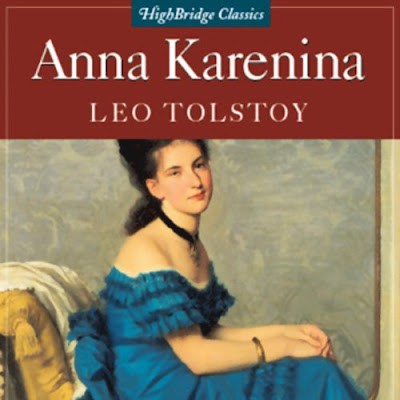

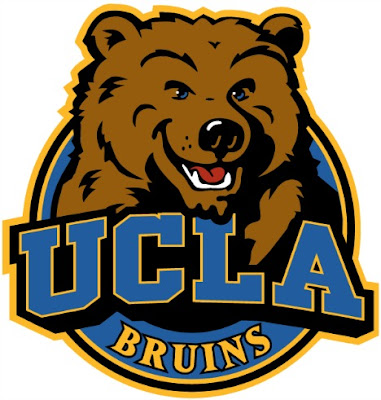

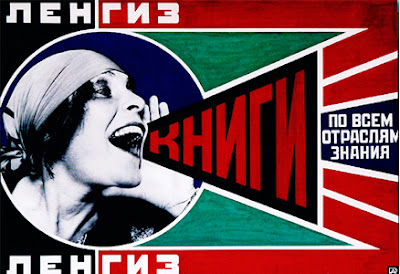
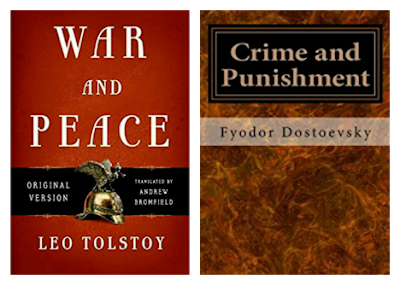

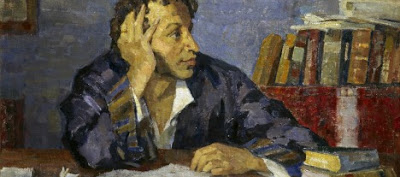


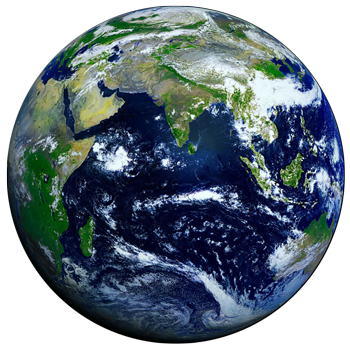
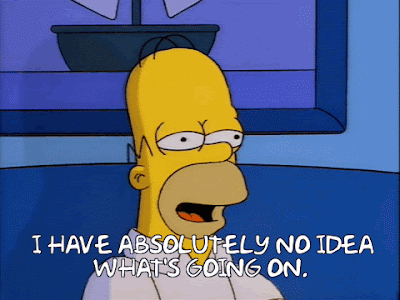
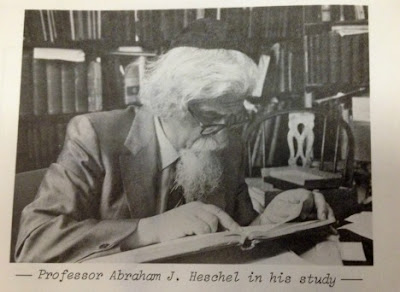


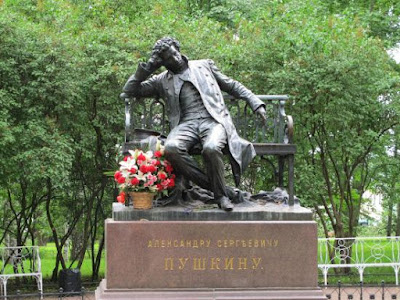
No comments:
Post a Comment